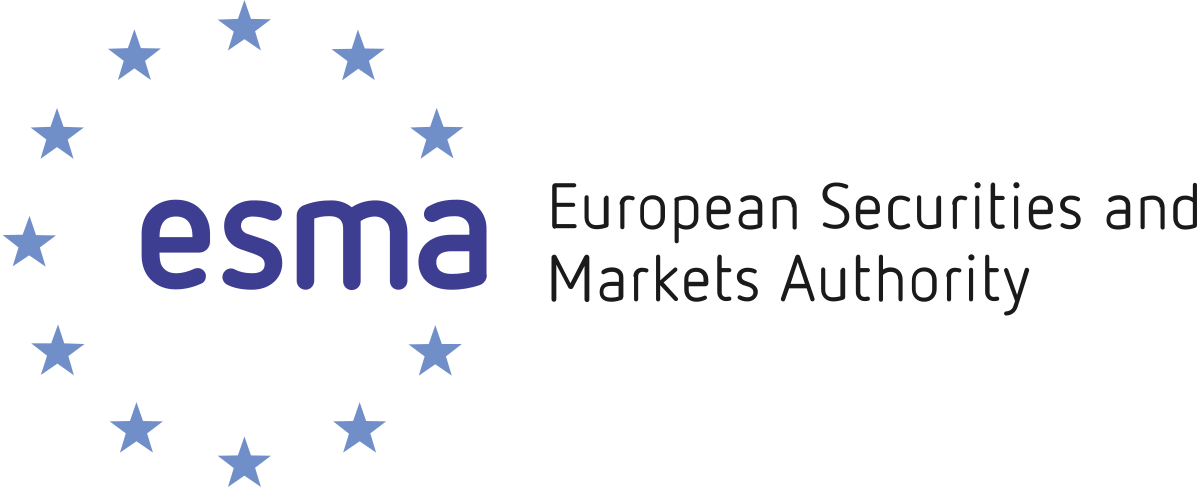“The capital markets union is a major element of our post-coronavirus recovery strategy. Savers and investors will play a vital role in getting the economy moving again and they need to have the confidence to invest through capital markets. And companies need to be able to access diversified sources of market-based financing anywhere in the EU.”

“The recovery plan turns the immense challenge we face into an opportunity, not only by supporting the recovery but also by investing in our future: the European Green Deal and digitalization will boost jobs and growth, the resilience of our societies and the health of our environment.”

“Deep capital markets offering diversified sources of funding are essential for the long-term financing of the recovery. Efficient capital markets encourage greater long-term investments in the economy, allow for more rapid recapitalisation of companies, help banks increase their capacity to finance the economy and can support the transformation to more sustainable economic growth.”


Secondary financial markets are where previously issued financial instruments such as stocks, bonds, options, forwards and futures are bought and sold by banks and market participants. The secondary market includes both debt and equity markets.
Well-functioning secondary markets are a key element of the Commission’s priority of establishing a Capital Markets Union (CMU), which is intended to help build a true single market for capital across the 28 EU Member States. Investor protection is also key in order for them to make informed decisions and feel confident they are adequately protected if something goes wrong.
The EBF supports robust and liquid secondary markets, a high level of investor protection with consistent regulation and supervision.
The Secondary Markets WG is chaired by Sara Mitelman Lindholm, General Counsel of the Swedish Securities Dealers Association.
Markets in Financial Instruments Directives

MiFID is the Markets in Financial Instruments Directive (2004/39/EC). It has been applicable across the European Union since November 2007. It is a cornerstone of the EU’s regulation of financial markets seeking to improve their competitiveness by creating a single market for investment services and activities and to ensure a high degree of harmonised protection for investors in financial instruments.
MiFID sets out:
- conduct of business and organisational requirements for investment firms;
- authorisation requirements for regulated markets;
- regulatory reporting to avoid market abuse;
- trade transparency obligation for shares; and
- rules on the admission of financial instruments to trading.
On 20 October 2011, the European Commission adopted a legislative proposal for the revision of MiFID which took the form of a revised Directive and a new Regulation. After more than two years of debate, the Directive on Markets in Financial Instruments repealing Directive 2004/39/EC and the Regulation on Markets in Financial Instruments, commonly referred to as MiFID II and MiFIR, were adopted by the European Parliament and the Council of the European Union. They were published in the EU Official Journal on 12 June 2014.
The EBF continues to work with its members to solve issues relating to the implementation and revision of MiFID 2 and MiFIR.























